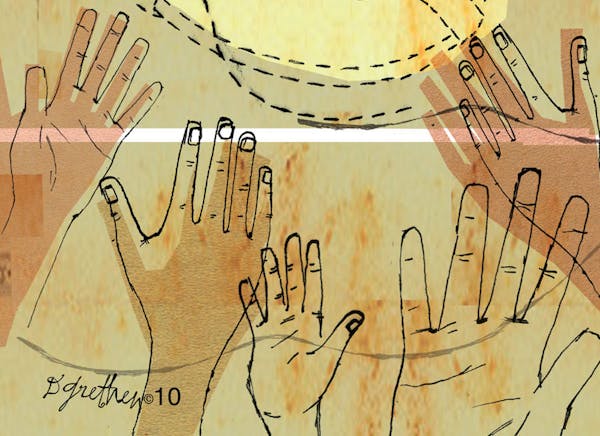As our country struggles with the emotions surrounding the Newtown tragedy, we also must grapple with solutions to prevent future tragedies -- including addressing gaping holes in our mental-health system.
While we don't know why so many lost their lives in Newtown, we do know that in some of these tragedies -- but not all -- mental illness is a factor.
Prevention depends upon access to mental-health care. But sadly our health care system has systematically discriminated against children and adults with mental illnesses. Insurance plans are not mandated to cover the mental-health treatment and supports needed to achieve wellness and recovery.
Mental-health parity doesn't require coverage -- it just says that if you cover it, you have to cover it in the same way as you do physical conditions. But we are still waiting for the parity regulations, so even that promise has not been kept.
Our Medicaid system will not pay for the very intensive care people need at the Anoka Metro Regional Treatment Center, at St. Peter or at any other institution with more than 16 beds. Medicaid-funded supports such as personal care assistance or waivered services are difficult to obtain and offer limited hours and services to people with mental illnesses.
Medicare does not cover mental-health services in the same way as it does other illnesses. Community-based services also have traditionally relied on state and local funding -- making them prime targets when budgets need to be cut.
Only in the last few years has Minnesota even begun attempting to significantly invest in community-based services and treatment. This includes Assertive Community Treatment teams, in-home services, peer specialists, supported employment and supportive housing.
While we have seen benefits, such as fewer hospitalizations and an improvement in people's lives, we have long waiting lists and few providers. This means that services are still not available when or where you need them throughout the state.
We know what works; we just don't fund it nearly enough. The state of our mental-health system is due to a bipartisan inconsistency, with each party taking turns funding and cutting this fragile, underfunded system.
In the wake of this latest tragedy, the mental-health community is worried. Adults with mental illnesses worry that people will avoid or ostracize them, thinking that they could be violent.
Parents of children with mental illnesses worry that they will be blamed for their children's symptoms. Advocates worry that the focus will be on building more beds instead of on investing in community supports to end the constant readmissions.
What is lost in the discussion is the often incredibly difficult solo journey people face while attempting to find treatment and help. It can take years. And then it might be too late.
Jail, prison, homelessness, suicide, unemployment, dropping out of school, and poverty are all possible when our mental-health system fails, leaving only stigma, discrimination, lack of access, lack of funding, and the requirement to wait until symptoms are very serious.
I can't count the number of times I have heard cries for a functioning mental-health system, especially after a tragedy. Can we please hear and act upon them now?
Make it OK to talk about mental illnesses. Provide early intervention and identification in our schools through school-linked mental-health services.
Fund intensive treatment and supports for young adults experiencing their first episodes. Ensure that people have access to community treatment and supports.
We know what needs to be done; we just haven't done it.
* * *
Sue Abderholden is executive director of the National Alliance on Mental Illness of Minnesota.

Thoughts from the Star Tribune's new community engagement director
Cut down on electronic waste in Minnesota
In Minnesota, statistical gloom amid the hope of a progressive-led boom


